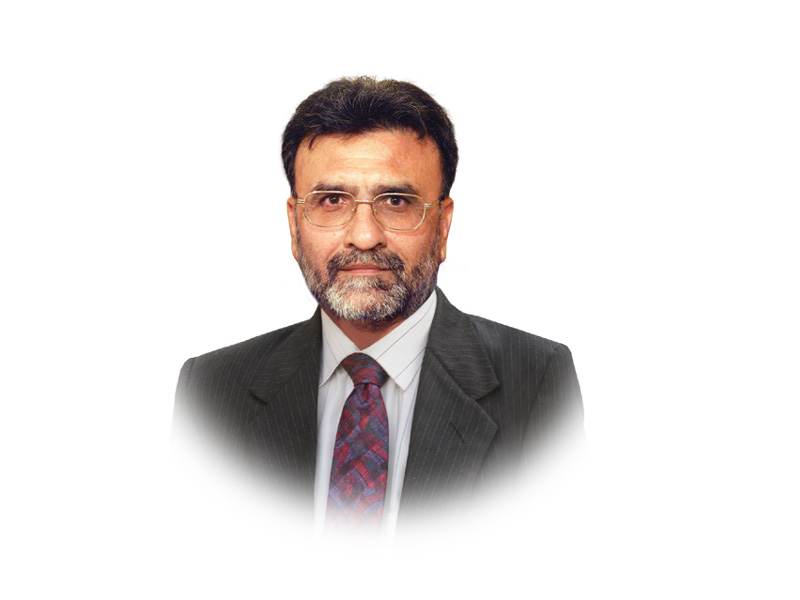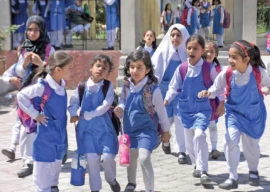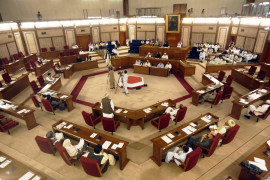
By Monday evening, he appeared to have finally discovered a way out to communicate what he wanted to via a National Assembly resolution to the government of Bangladesh. There was a last-minute hitch, though. Instead of facilitating the adoption of a resolution condemning the hanging of Mollah, unanimously, the PPP preferred to oppose the same. With a hurt heart, the interior minister lamented the decision of a party that he strongly hates anyway.
Instead of going on the defensive, the PPP launched Abdussattar Bachani, a diehard jiyala, to explain its position regarding the hanging of a JI veteran in Bangladesh. With absolute anger, the street-hardened Bachani emotionally recalled firm support that the Jamaat-e-Islami had extended to General Zia when it came to hanging Zulfikar Ali Bhutto in 1979. Instead of confining himself to this emotional note, Bachani went on to tell what he believed led to the creation of Bangladesh.
The interior minister did not need responding to him. He prepared himself for savouring the last laugh when Makhdoom Javed Hashmi asked for the floor. Speaking from the PTI benches, Hashmi took no time in going down the nostalgia lane to recapture the vigour that he had displayed while leading the JI-led movement against the creation of Bangladesh in the streets of Lahore in the early 1970s.
Shaikh Rasheed Ahmad had also been a prominent activist of the same movement in Rawalpindi during his college days. Recollecting the accumulated bitterness of their youthful days, both he and Javed Hashmi harshly took on the PPP for opposing the adoption of a pro-Mollah resolution by the National Assembly. They sounded as if questioning the ‘patriotic credentials’ of this party.
Nisar and his colleagues were wrong to presume that Shaikh Rasheed would only paint the PPP with negative colours. After all, our man from downtown Rawalpindi seriously considers himself as the one and only in Pakistan who monopolises anti-India sentiments. One was not surprised, therefore, when he switched his taunts to expose “shameless attempts” that prime minister and some of his dear and near ones continue to make to woo “Manmohan Singh for a visit to Pakistan.”
He kept on vending the story that insidious Indian games were in effect responsible for the creation of Bangladesh. The Indian army forced this country on map of the world by a naked aggression “after many years of softening the targets through its agents.” India, for him, has yet not completed “its mission.” Balochistan is the new target, but most Pakistanis are not waking up to the threat.
Thanks to bombastic speeches of Javed Hashmi and Shaikh Rasheed, Imran Khan and the PTI lost the opportunity to flaunt their victorious mood on this day. The overexcited PTI workers seriously believe that their lawyers have almost convinced the Supreme Court for a forensic analysis of four national assembly constituencies, earmarked by the PTI. The process, they feel, will help all of us to realise “the scale of massive rigging and irregularities that led to false results” of May 11 elections. We have still to wait for many weeks of an exhaustive legalistic battle at the Supreme Court, but Imran Khan would surely gather ample ammunition to launch a movement for holding of new elections, if the final judgment endorsed the PTI’s position regarding the election of May 11.
In spite of being a very experienced player of the electoral games, Chaudhry Nisar Ali Khan is yet not able to fathom the possible blowback. Even on Monday, he went on and on to defend the unceremonious sacking of NADRA chairman that had been stayed by the Islamabad High Court. It surely is time when he realised that perception remains far more important than reality in hard-core politics. In spite of brilliant and nonstop spinning by him, most people prefer to suspect that Tariq Malik asked for the hasty sacking for not willing to oblige the government, when it came to verifying thumb impressions of the real or reported “voters” in some key constituencies of Lahore. Since he failed to sell his side of the story regarding the NADRA chairman, it is far better for him to keep quiet and let both the IHC and the Supreme Court to complete the process enforced upon them with edgy moves, made by the government and the PTI.
Published in The Express Tribune, December 17th, 2013.
1732071267-0/lana-(2)1732071267-0-405x300.webp)
1727242355-0/Diddy-(1)1727242355-0-165x106.webp)

1732063440-0/elon-(3)1732063440-0-165x106.webp)













COMMENTS
Comments are moderated and generally will be posted if they are on-topic and not abusive.
For more information, please see our Comments FAQ